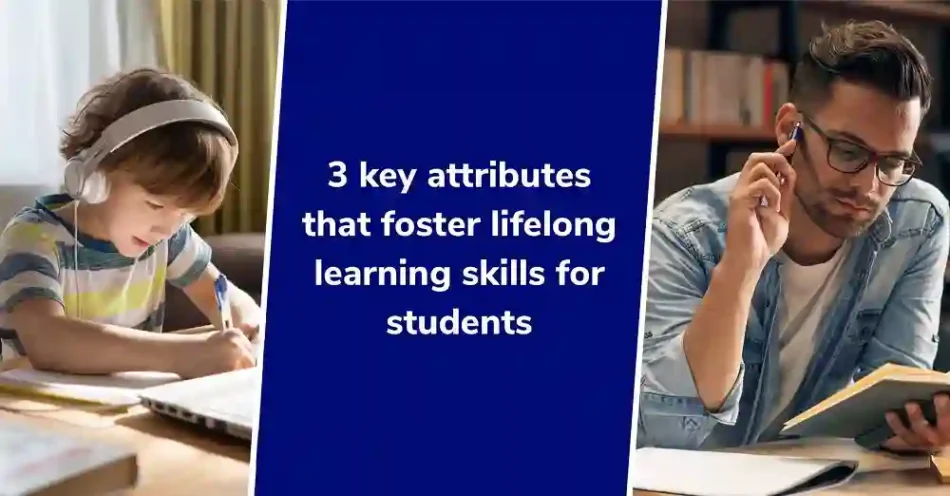Ladies and gentlemen, the connection between education and civic engagement is not just a coincidence; it’s a vital link that shapes the future of democracy and the active participation of citizens in their communities. It’s like a bridge that connects individuals to the responsibilities and privileges of citizenship, fostering informed and engaged citizens who can make a positive impact. In this article, we will explore how education plays a pivotal role in building informed citizens and promoting civic engagement.
To begin with, education is the cornerstone of a democratic society. It’s like the foundation upon which the principles of democracy are built. When individuals receive quality education, they gain the knowledge and skills needed to understand their rights and responsibilities as citizens. Education equips them with the tools to participate actively in civic life and contribute to the betterment of society.
Education encourages critical thinking and informed decision-making. It’s like a mental gym that strengthens our ability to analyze information and make reasoned judgments. When students engage in discussions, debates, and research projects, they develop the cognitive skills needed to evaluate political issues, discern facts from opinions, and make informed choices in the voting booth and beyond.
Moreover, education fosters an understanding of the political process. It’s like a roadmap that guides individuals through the complexities of government and politics. When students learn about the structure of government, the role of elected officials, and the processes of lawmaking, they are better prepared to engage in civic activities, such as voting, advocacy, and community involvement.
Education promotes civic literacy. It’s like a dictionary that helps individuals understand the language of politics and policy. When students learn about political terminology, the workings of government agencies, and the significance of important historical events, they become more confident and capable participants in civic life.
But it’s not just about theoretical knowledge; education encourages hands-on civic engagement. It’s like a laboratory where students put their knowledge into action. Through service-learning projects, volunteer opportunities, and community service, students learn about the real-world impact of their actions and develop a sense of responsibility to their communities.
Education also teaches individuals about the importance of civic values and ethical behavior. It’s like a compass that guides them toward responsible citizenship. When students learn about principles such as justice, equality, and respect for others, they are more likely to act with integrity and promote these values in their communities.
Let’s not forget about the role of educators in this process. Teachers are like mentors who inspire and nurture the seeds of civic engagement. A skilled educator can create a classroom environment that encourages open dialogue, critical thinking, and respect for diverse viewpoints. Their guidance is invaluable in shaping the next generation of engaged citizens.
Furthermore, education promotes awareness of social issues and challenges. It’s like a spotlight that shines on the pressing problems facing society. When students learn about issues such as poverty, inequality, and environmental sustainability, they are more likely to become advocates for positive change and work towards solutions in their communities.
Education encourages individuals to take an active interest in current events. It’s like a newsroom where students stay informed about local, national, and global news. When individuals are aware of what’s happening in the world, they can engage in meaningful discussions, make informed decisions, and advocate for policies that align with their values.
But it’s not just about individual action; education contributes to a culture of civic participation. It’s like a ripple effect that spreads throughout society. When individuals are educated about the importance of civic engagement, they are more likely to encourage others to get involved and to create a culture where active citizenship is valued and celebrated.
Moreover, education prepares individuals for leadership roles in their communities. It’s like a training ground for future elected officials, community organizers, and advocates. When individuals receive a well-rounded education, they develop the skills needed to take on leadership roles and make a positive impact on their communities.
Education also promotes tolerance and empathy. It’s like a bridge that connects individuals from diverse backgrounds. When students learn about different cultures, beliefs, and perspectives, they become more open-minded and understanding of others. This empathy is crucial for building cohesive and inclusive communities.
In conclusion, education and civic engagement are inseparable partners in the journey of active citizenship and the preservation of democracy. Education is not just a means to an end; it’s a powerful catalyst for building informed citizens who can make a difference in their communities and beyond. It encourages critical thinking, fosters civic literacy, promotes ethical behavior, and prepares individuals for leadership roles.
So, whether you’re a student embarking on your educational journey or someone looking to promote civic engagement, remember that education is more than just a classroom experience; it’s a lifelong commitment to becoming an informed and engaged citizen who actively contributes to the betterment of society. Embrace the power of education, and let it be the foundation upon which you build a more informed, active, and participatory civic life.








